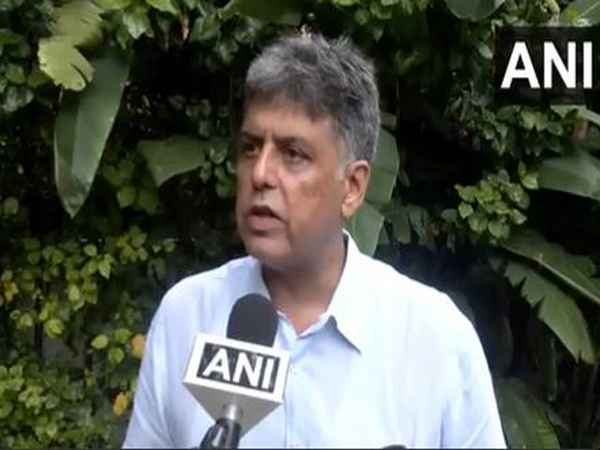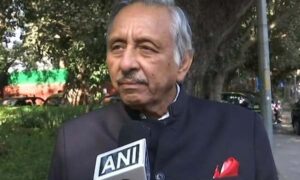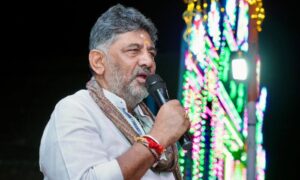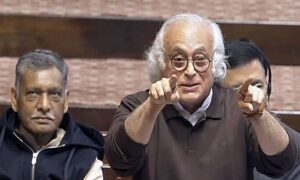
Picture : ANI / X
After Union Cabinet approved the proposal of ‘One Nation, One Election’ the issue has stirred debate , Senior Congress Leader and Former I&B Minister Manish Tewari said that the proposal looks more “political” instead of “constitutional,” and entire ‘One Nation, One Election’ proposal is riddled with contradictions.
“…The entire one nation, one election proposal, is riddled with contradictions, it has not been thought through, it will not pass muster in a legal challenge and moreover, it goes against the basic structure of the Constitution as was conceptualised by the framers of the Indian Constitution… I think this proposal is more political than constitutional,” Tewari said.
Referring to India’s federal structure, Congress MP said that this proposal is a “thesis of centralism” and is the “antithesis of decentralisation.”
Tewari said, “The One Nation One election proposal is a thesis in centralism and is the antithesis of decentralisation. In 1947, when India became independent, provinces of British India and the 562 princely states came together to form the dominions of India and Pakistan, respectively. Cognisant of this reality, the framers of the Constitution stated in Article 1 of the Constitution that India is a union of states. So the first question is that are the states on board with this proposal of the one nation, one election?”
Raising uncertainty over state governments consultations on this initiative, he further questioned states whether they are willing to hold elections of local bodies along with parliament and legislative assembly elections.
“The Supreme Court of India in the case of Kesavananda Bharati held federalism to be a part of the basic structure of the Constitution. This one nation, one election militates against that very conception of what constitutes the basic structure of the Indian Constitution and would therefore fall foul when there’s a legal challenge to it. The Municipal Corporation, Zila Parishads, Panchayat, Block Samities, Zila Committees, etc, they fall under the jurisdiction of state governments. Though the 73rd and 74th constitutional amendments gave them the constitutional status but they actually fall within the purview of the state governments. Would the state governments be willing to hold elections of local bodies along with parliament and legislative assembly elections is a question which nobody has consulted the states on? …” said Tewari.
[the_ad id=”55725″]


















